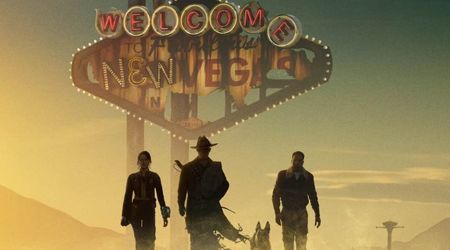'American Gods' season 2: Neil Gaiman's words vs its on-screen political representation

Neil Gaiman's book titled 'American Gods' was published in 2001 and won many literary awards including Bram Stoker and Hugo award. The TV show materialized quite recently and the first season premiered in 2018. The show received a warm response for its visual treatment and impactful narrative. The plotline is bizarre - where else would you see a media God appear in the form of David Bowie, or a Marilyn Monroe? Only in 'American Gods'. As it is based on a book by a celebrated author, the question of which is better is expected. It must, however, be noted that Gaiman served as one of the executive producers of the show and made relevant changes to suit today's time and age. They are not major on the surface, but it validates 'American Gods' as one of the more intelligent political commentaries.
The book was written just when the internet had boomed, and many of the references that the author makes are subtle and cloaked with humor. The television series adapts itself to the time and has uncloaked humor with satire. Especially, Wednesday, played by Ian McShane is a bit restrained in the book in comparison to his onscreen portrayal.










